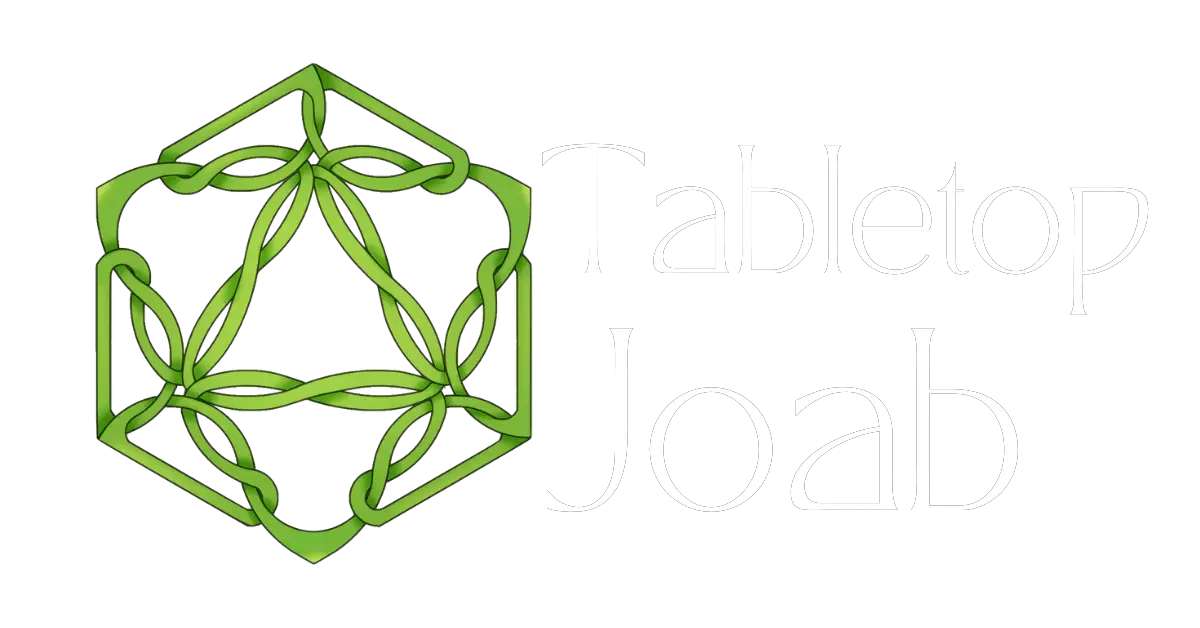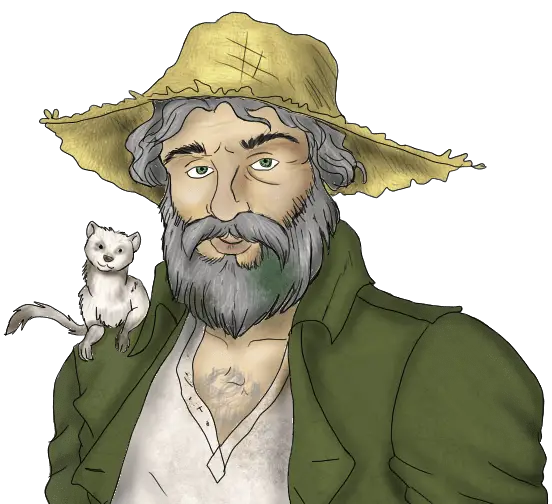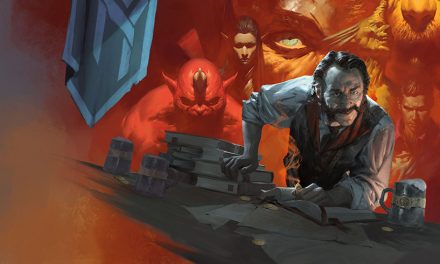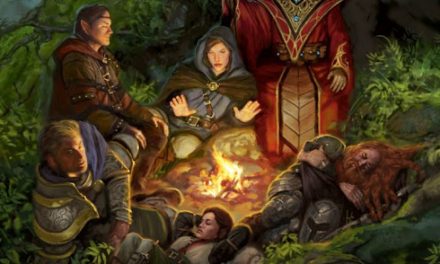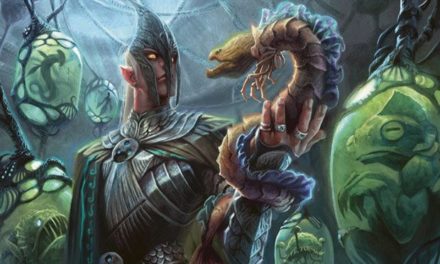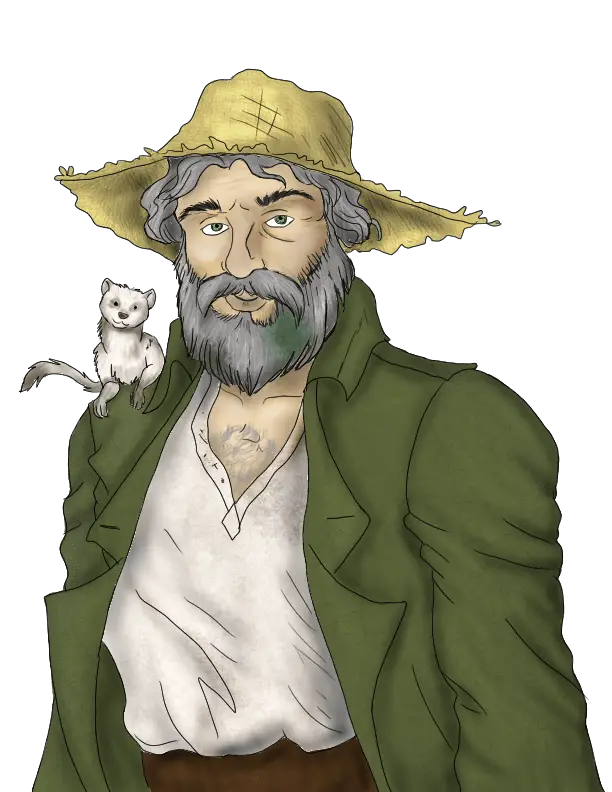Whatever the setting of your D&D adventure, it is important to establish the core assumptions of that world.
We touched on this concept briefly in our article about the importance of running a Session Zero. If you haven’t checked that article out yet, I would recommend that you give it a read. It just might be one of the most important articles in this entire blog.
So what are the core assumptions when worldbuilding? How do you use them to develop a story?
We’re going to answer those questions and more in this guide to the Core Assumptions When Worldbuilding in D&D 5e.
What Are Core Assumptions When Worldbuilding?
The core assumptions of any campaign setting can largely be described as “the things that everyone knows.”
These are the unquestionable truths that form a type of structure to the setting that your game takes place in. The exact nature of these assumptions varies from setting to setting.
In any case, these are things that largely dictate the types of characters that are present in the world, the types of adventures that may be had, and the overall “state of things” that players can expect to find.
When introducing your players to a game that is set in your own homebrew world, it can be a good idea to give them a type of dossier ahead of time. This gives them information that they can read over before having a Session Zero.
Your world doesn’t have to be a polished artifact at this point. In fact, it’s probably best if it isn’t!
Laying out the core assumptions that make your world work, a few significant events, and a clear entry-point for the players is often enough to create interest from the players.
You can do much of the worldbuilding after you get this buy-in by focusing on the area that your story will be starting in. Allowing the story to develop naturally and shape the world as you build it will save you a ton of time and help shape a world that is uniquely the product of your game!
That said, none of this can happen without establishing the core assumptions as a baseline.
Questions to Establish Core Assumptions in Your World
You are certainly able to establish as many or as few core assumptions for your world as you would like. However, I find that these questions often have the most impact in shaping a world’s setting.
What is the Role of Magic in Your World?
In some worlds, magic is everywhere. Large and often-prestigious academies exist where brilliant minds research the world’s arcane secrets and educate the next generations.
In other worlds, magic is something that is tightly controlled. It is understood by only a very small amount of people and is likely trusted by even less.
Still, other worlds may exist where magic does not exist at all. In these settings, history is shaped by blades and arrows, not magic. In such a setting, are players not allowed to play caster classes or is there some other explanation for how these casters use spells?
What is the Role of the Gods in Your World?
What about the Gods and Goddesses of your world?
In some worlds, they take an active interest in the affairs of mortals. They speak through priests and clerics who seek to exercise their deity’s will in the world. From time to time, these deities may even choose to walk among mortals.
In other worlds, deities may exist but choose to stay distant from mortals. They may exist more as ideals that mortals strive towards.
And yet, in other worlds, there may be no deities at all. Instead, these may exist as myths and stories created by mortals to explain certain aspects of the world around them. If using this approach, are clerics allowed to be played or is there some other way that they cast spells?
How Much of the World is Known?
Considering the natures of kingdoms and empires, this question could just as easily be “how much of the world is claimed?”
In worlds that have not been widely explored, stretches of uncharted wilds lie between kingdoms, city-states, and other settlements.
There might be myths and legends of the areas beyond these places’ walls, but these areas still have yet to be fully claimed. Few may have ventured into this wilds, but how many have returned?
However, your world may be well-known. While some areas have more inhabitants and activity than others, there are few (if any) lands that have not already been claimed by larger powers.
Some of these may have been measured, mapped, and patrolled by certain kingdoms and civilizations. Others may be owned in name only.
Is Your World New or Ancient?
Time is the ultimate destroyer. It can reduce the most powerful empires to dust and bury ancient knowledge away from the rest of the world as new empires rise.
How many of these empires and civilizations have risen and fallen in your world?
This question is closely tied to the previous one. A newer world is bound to have more uncharted regions to be explored. One that is older, on the other hand, may have less of these regions but more ancient secrets to be discovered.
What Were the Most Recent World-Shaping Events?
Lastly, what are some of the recent world-shaping events that have occurred in your world?
Significant events might be the rise or fall of an empire or civilization, a world-shaking cataclysmic event, or the beginnings of the fulfillment of a prophecy.
Whatever these events are, they are certain to be events that signify the beginnings and ends of eras. While scholars may know more about the finer points of these events, the average person is sure to have at least heard of the most recent one.
More often than not, the most recent of these events can be a strong point for starting your adventure. Change often breeds conflict which in turn breeds heroes.
Examples of Core Assumptions in Published Settings
The core assumptions as printed in most of the published adventures for D&D 5e follow those of the Forgotten Realms setting. Other popular settings such as Greyhawk, Dragonlance, and Mystara largely follow these same assumptions though have some minor differences.
In these settings, the Gods are active in the world and exert their influence. Magic fills the world as conflict between factions creates new history. The world is old enough to have secrets and ancient tombs that are waiting to be discovered, but there are still many lands that have yet to be settled.
Other settings operate on different assumptions, however.
The Ravnica and Eberron settings, for example, heavily include wonderful feats of magic married with technology.
Pulling from Ancient Greek mythology, the Mythic Odysseys of Theros setting brings players to an ancient world that is directly and uniquely shaped by the Gods.
Core Assumptions and Their Effect on Characters
These core assumptions don’t just affect the storyline and the type of adventures to be had. The characters live and breathe in this world and are ultimately shaped by it.
If you are running a campaign in the Theros setting, you may not be keen to allow things like firearms to exist in that world. The Greek legends that are the inspiration for this setting become somewhat less epic if we imagine Perseus blasting Medusa with his trusty blunderbuss.
On the other hand, firearms and similar inventions would be right at home in the Eberron or Ravnica settings. In some ways, firearms might even be considered tame in comparison to some of the crazy inventions that one might find in either of these worlds!
As such, establishing core assumptions when worldbuilding sets a theme for the campaign so that players can make characters who would fit that theme.
This is why it’s so important to establish the core assumptions of your world with the group during (and ideally even before) you have your session zero.
Conclusion – Core Assumptions When Worldbuilding in D&D 5e
Worldbuilding is one of my favorite things to do as a Dungeon Master. There’s just something extra gratifying about seeing your homebrew world come to life.
Every setting should have elements of mystery to it, in my opinion. But if you’re putting players in a whole new setting, it’s important to establish the things that everyone in the world would know. If every single thing is a mystery, it weakens the effect!
You might even get feedback or ideas from your group when you share your world’s core assumptions with them. The only thing more fun than bringing your own world design to life is having it be a world that you have crafted with and for your group!
I would definitely like to start doing more articles on worldbuilding in the future. If that’s something that you would like to see, let me know in the comments!
Also, don’t forget to sign up for the Tabletop Joab newsletter below if you haven’t already! It’s the best way to stay up to date with our latest content!
